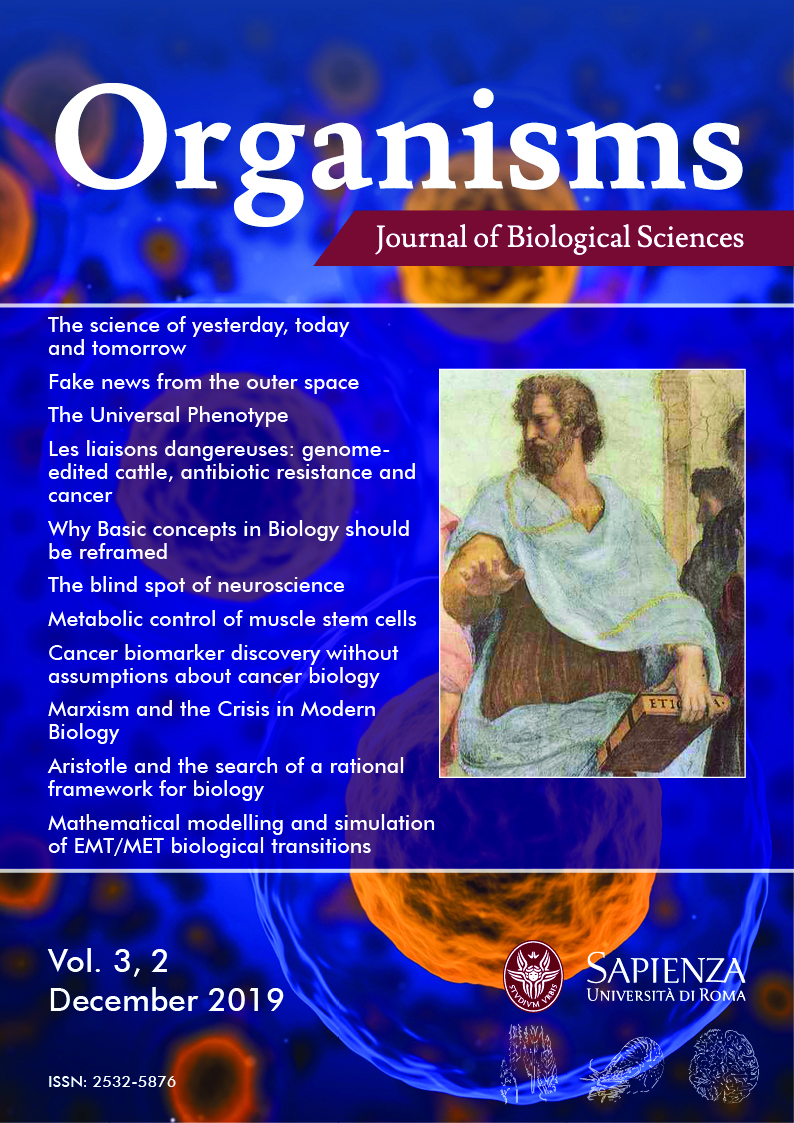Cancer biomarker discovery without assumptions about cancer biology: The double dip design
DOI:
https://doi.org/10.13133/2532-5876/16449Abstract
The biomarker pipeline to improve cancer screening begins with the discovery and validation of a cancer prediction model involving markers for the early detection of cancer in asymptomatic persons. Unfortunately, this biomarker pipeline has led to few markers for clinical use. An unappreciated reason for this lack of success is that standard discovery uses a convenience sample of specimens from persons with symptomatic cancer and no cancer. Standard discovery in a convenience sample implicitly makes a questionable assumption about cancer biology, namely, that highly predictive biomarkers in asymptomatic persons persist until symptomatic cancer arises when they outperform markers associated with symptomatic cancer. If cancer arises from a sequence of driver mutations and biomarkers are associated with driver mutations, this assumption may be plausible. However, if cancer arises primarily from changes in the microenvironment, the assumption is questionable. To circumvent the need for this assumption, I propose the double dip design. The double dip design starts with standard discovery in a convenience sample (as this is standard practice) followed by the usual validation sample of stored specimens from asymptomatic persons. If validation fails, it re-uses the original validation sample of stored specimens for more relevant biomarker discovery, followed by a second validation sample of stored specimens from asymptomatic persons. Recently developed statistical methods to reduce validation sample size make the double dip design feasible.
Supplementary File: Validation Sample Size
Downloads
How to Cite
Issue
Section
License
Copyright Agreement with Authors
Before publication, after the acceptance of the manuscript, authors have to sign a Publication Agreement with Organisms. The authors retain all rights to the original work without any restrictions.
License for Published Contents

You are free to copy, distribute and transmit the work, and to adapt the work. You must attribute the work in the manner specified by the author or licensor (but not in any way that suggests that they endorse you or your use of the work).





